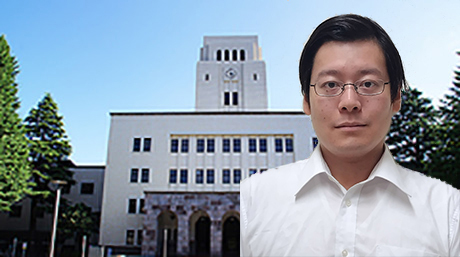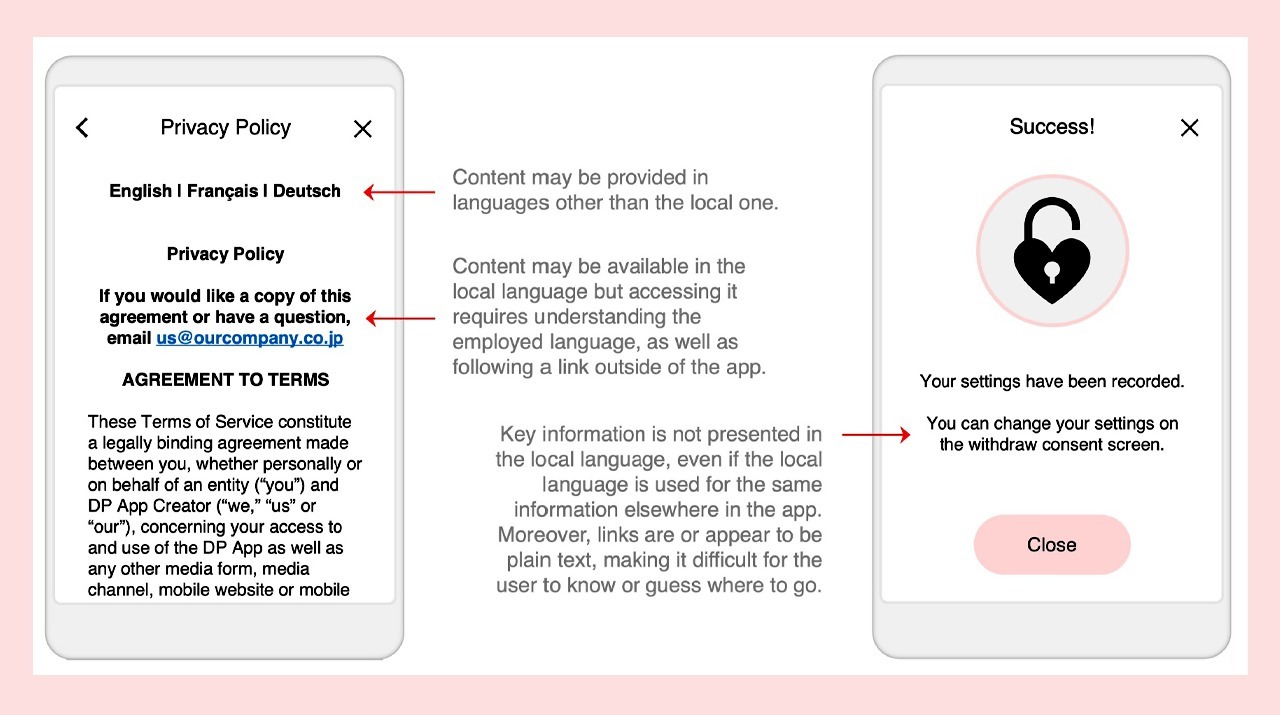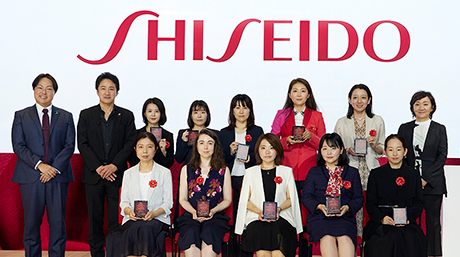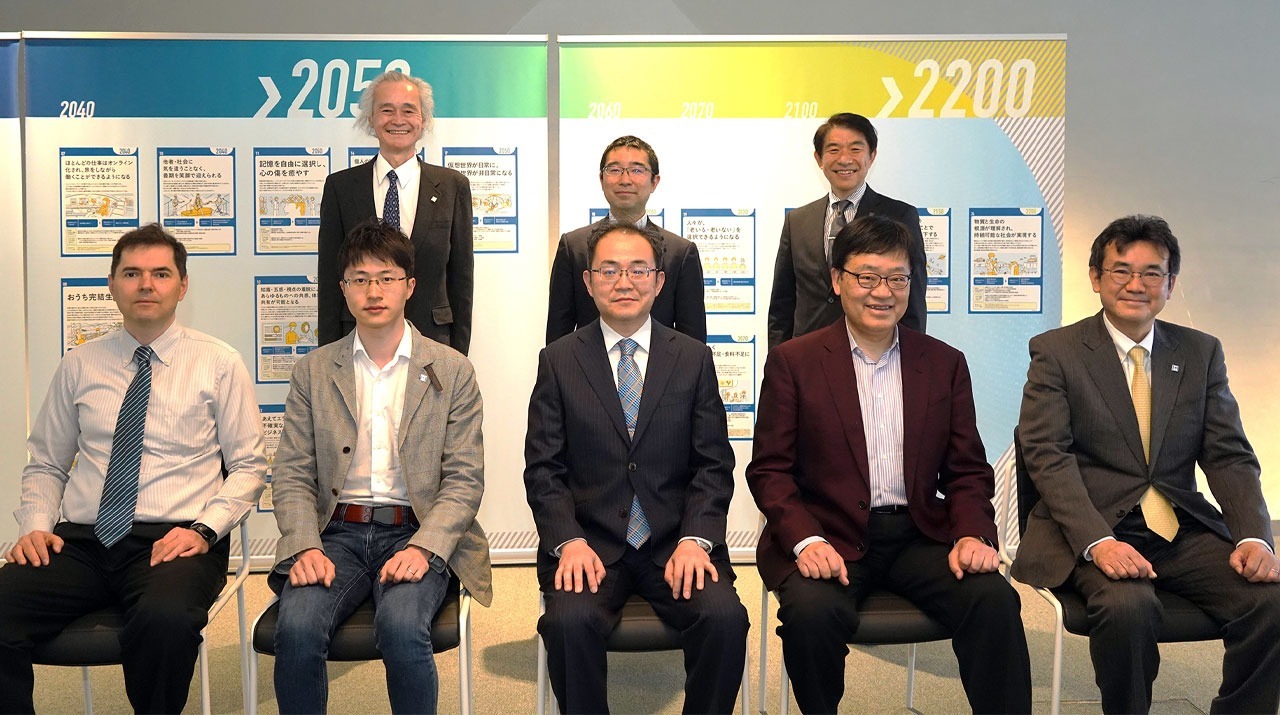Industrial Engineering and Economics News
Introducing our new assistant professor Dr. Mayu KOIKE
Dr. Mayu KOIKE has just joined our department in January 2023. After obtaining her Ph.D. in social psychology at the University of Edinburgh, she worked at the University of Hiroshima until she joined Tokyo Tech. We interviewed her about her perspectives at Tokyo Tech.
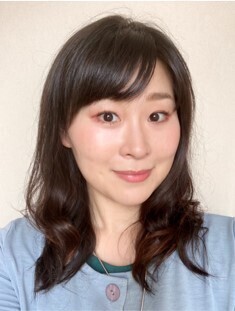
Dr. Mayu KOIKE
What kind of research do you do?
My research focuses on anthropomorphism and romantic relationships. I am interested in understanding the psychological and cognitive mechanisms behind anthropomorphism, particularly in relation to the forming of strong attachments (i.e., love) with virtual agents and their potential to improve psychological wellbeing (e.g., how we can use relationship research to understand new technologies).
I am very interested in Japanese subcultures. My hobbies have shaped my ideas around the research of human and non-human romantic relationships. Japan is one of the world’s leading countries in terms of anthropomorphism, having developed many reputable anime, manga, and games featuring anthropomorphic characters. These subcultures are extremely popular, attracting fans from all over the world. Some people even imagine fictional characters as if they are real. I wonder whether the relationships we have with non-fictional characters can enhance our psychological wellbeing. As a person who was born and raised in Japan, I am very curious to find the positive aspects of relationships with virtual agents and also how we may form and maintain an authentic relationship with them. This knowledge not only contributes to people in academia but also to technology developers, helping them improve their systems. I view my role as a bridge between users, developers, and academic researchers.
What are the most important and interesting topics in your field at the moment?
I am interested in looking at what benefits forming a romantic relationship with virtual agents can provide and whether these relationships have the potential to improve psychological wellbeing.
I have also started a cross-cultural project on defining the emotion of “Moe.” Moe is a concept originally established in Japanese subcultures, such as anime and manga, capturing the idea that we might fall in love with non-human entities (e.g., virtual agents). From my findings, both Japanese and British respondents can understand Moe and have experienced the feeling. If a person has a strong sense of Moe, they will also have heightened pleasant feelings, too. From the results of these surveys, Moe can be categorized as a positive emotion. This research avenue has identified a unique way that people build strong connections and even affection towards fictional characters in the modern world and provides novel insights into the fields of anthropomorphism and relationship science.
Why did you choose Tokyo Tech?
My research focuses on the intersection of psychology and technology. I am very keen to collaborate with technology experts. I believe that interdisciplinary studies have greater potential to improve the production of knowledge itself. I would like to see radical forms of collaborative cross-fertilization across different disciplines to inspire new research. Tokyo Tech is one of the world’s leading universities in technology and it is internationally diverse. I am very much looking forward to expanding my research network globally and cultivating new reseach that we cannot imagine if we just focus on a single discipline.
Finally, what advice do you have for students aspiring to work with you or in your field?
I introduced the concept of romantic anthropomorphism, an intersection of anthropomorphism and romantic relationships (i.e., giving a non-human agent human-like characteristic in a romantic context). I would like to encourage students to follow their curiosities and found new fields of study in academia. My research idea came from my favorite activities and hobbies and thus I truly enjoy the time cultivating this new area of study, even though establishing research from scratch is generally tough. My Ph.D. supervisor used to tell me that it is a very important skill to find a novel topic and place a flag for the ‘next direction of research’ to get ahead of the current trends. This will direct the course of future research and guide researchers to think about prospective questions. During the COVID-19 pandemic, our lifestyles changed and we started to focus on the virtual world much more than in the past. Technologies and virtual agents are here and we cannot avoid living with them. Therefore, it is time to think about what kind of problems and benefits we will encounter in the next 50 years regarding relationships with non-human entities (i.e., virtual agents) and what we should know and prepare to form and maintain good relationships with them. I would like to echo my supervisor’s word to students and hope that we will make future “virtualized” societies better than those of the present.
Please come and join us, and let’s explore ideas that we have never imagined before, together!
